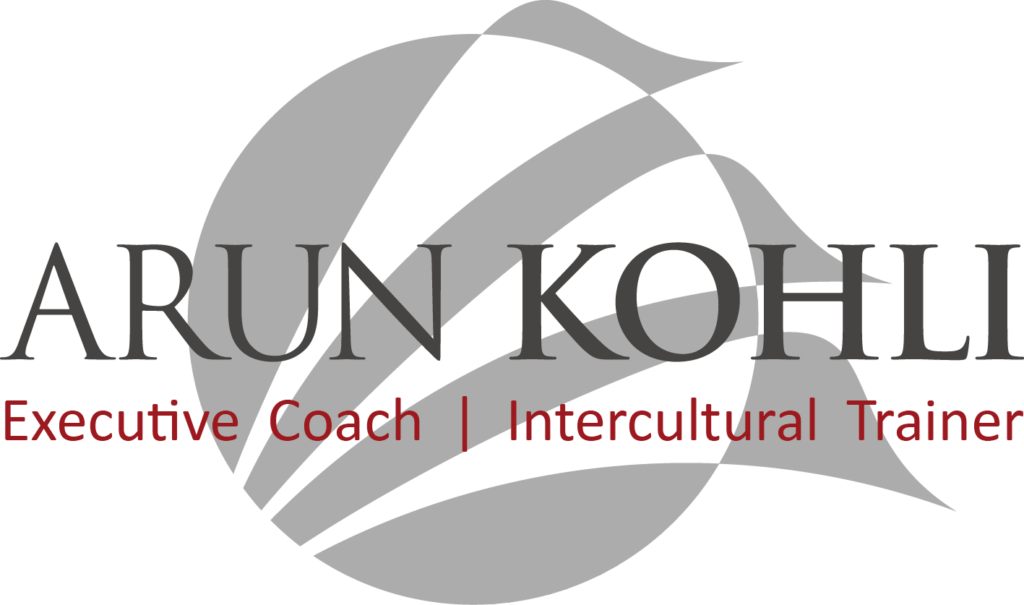What do You do When You Coach?

“If fourteen frogs sat on a log and three decided to jump into the water. How many frogs would be left on the log?”
Most people would respond eleven and most probably claim that is simple math. A better answer may be fourteen. That is the big difference between deciding to do and actually doing something, says Prof. Robert Kegan of Harvard University in his introduction on “Immunity to Change.“
This also vividly illustrates one of the many critical skills a coach should possess: to make people actually do what they intend to rather than just make a decision and wait for Godot. In recent years, I was asked a question many times: „What do you do when you coach?“ To give a short answer on the coaching process is a challenge. A longer one could bore the listener and still not convince her.
So, „what do you do when you coach?“ I respond that I talk to my clients. „But I can talk to anyone“ could be the response from my listener and that would be justified. Is coaching really just talking? I recall when computers were slowly gaining a importance in our working area. In 1981 some colleagues asked me: what does the computer do? I said it calculates and processes data. „A pocket calculator can do that too, why do you need a computer?“, some asked. This is also true. If we take a computer today, we can not only calculate on it, but also create and watch videos. Create and listen to music and audio files. Many professional, architects, automobile manufacturers etc. design and develop new products. Your picture can be improved or altered; you can hold video conferences with others anywhere worldwide. The computing of a computer is underpinned by several software and applications, depending on the demand of the user. It becomes trivial even to say that a pocket calculator cannot keep up with it. It really comes down to how a computer is equipped: software and computing power. Similarly, when I talk about „talking“ in a coaching context, it’s about much more computing power than is possible in a conversation in a social interaction.
Similar to software and applications, knowledge in coaching is decisive. Knowing about human behaviour and coaching relevant psychological phenomena makes a critical difference between simple conversation and coaching conversation. Life experience can also be an advantage, but I’m sceptical. If, as a coach, I want to transfer the lessons learned from my life to others, then I ignore the individuality and the uniqueness of my clients and fall for the cliché of one size fits all. In that case, I am perhaps not coaching, and most likely advising them. That’s not coaching. Life experience if an advantage if it teaches discernment and broadens perspective.
Who says that?
If an interaction that transfers specific knowledge is already known as advice giving what is the reason to call the same interaction as coaching?
It may be that I have an expertise in finances and would like to teach my clients. If I am the owner of an expertise and my client is not and I can transfer it. If my client needs to repeat the steps I tell him to become an expert, it’s a top-down method of knowledge transfer called training and not coaching.
A coach must be aware of a fundamental axiom that the client is knowledgeable and very likely an expert in his job. He does not come to a coach for additional knowledge transfer. Each client possesses “Tacit Knowledge”. Michael Polanyi has written and spoken about it. He also said that “we know more than we can say.” The problem is that we easily lose ourselves in our daily routine and ignore many aspects of our knowledge: we narrow our focus to the present problems. Based on these principles, when the clients come to me with their issues they are surprised in very short time that they discover the solutions themselves. It is also critical in coaching that the clients find only their own solutions and only from their own resources, because only they know what they can and what they do not want to do. Coaching should, ideally, not dig into a client’s past, because that is a domain reserved for the psychoanalysts with Freudian doctrine.
„What do I do when I coach?“
I get my clients to use their resources immediately with their own computing power and immediately experience the results and experience the value of coaching.
And that’s what my clients like so much that they cannot put it into words.
They discover that it is not enough to decide and that they have their own reasons for acting or reversing the decisions. In any case, after coaching, my clients know that even if they cannot foresee everything, they will definitely influence the outcome of all events and not watch how things happen to them. From the coaching experience, they gradually develop a habit of adaptively responding to their life challenges and do not helplessly stand and watch how certain events overwhelm them.
Coaching is a transformation process.
This is what I do when I coach.
Sincerely Arun Kohli
For any suggestions or questions about this article do not hesitate to leave a comment.
Did you get any benefit from this article? Then I would be happy if you share it:
Do you need support in your decisions and consequently your actions? Let’s talk and see how I can help you. Just contact me via the contact form.
